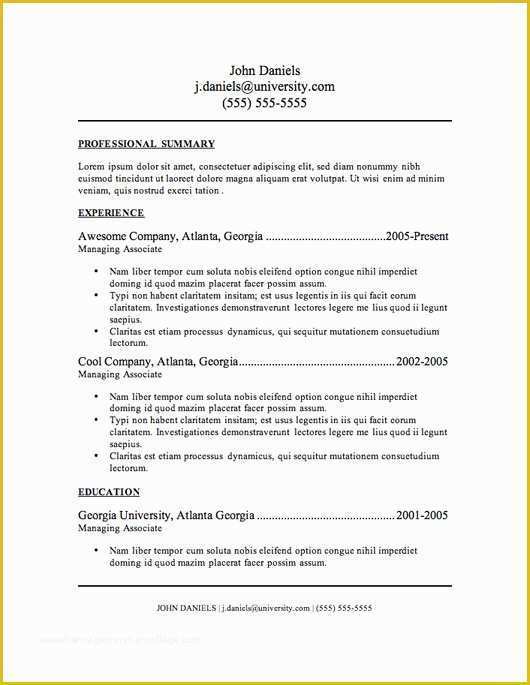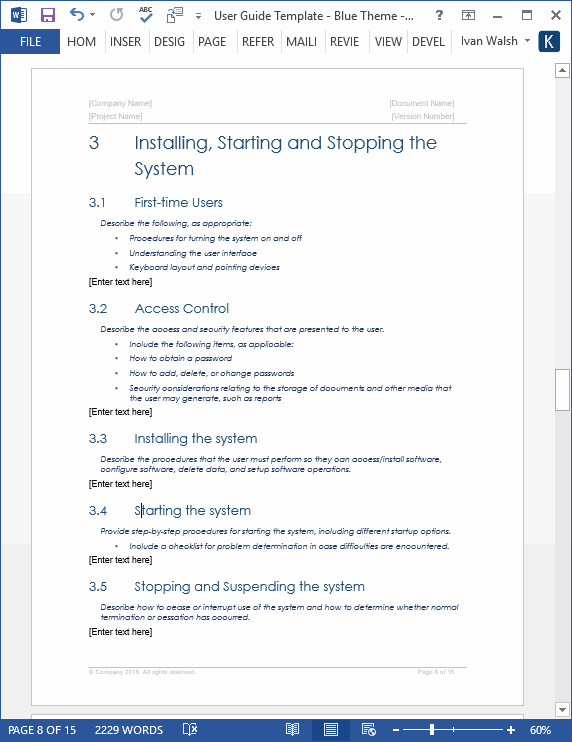



Ubuntu goes so far as to enshrine this cooperative spirit in its name:Ĭanonical also provides various cloud management tools and services. These days, many projects are now based on Ubuntu, such as the popular alternative Elementary OS. Since the software is all free and open source, Canonical is free to do this - even encouraged to. It quickly blossomed into a massive community.Ī decade later, in 2004, a company called Canonical created Ubuntu using code from the Debian project. This project tests software and makes it available for others to download. When someone packages the Linux kernel with the software necessary to provide a functional desktop experience, we call the end result a Linux operating system or "distribution." In 1993, a man named Ian Murdock started a project that did precisely this and named it Debian after him and his then girlfriend, Debra. Anyone is free to put these components together as they wish, and no single company has control over the entire ecosystem. The software comes from many different developers spread all over the world. Microsoft and Apple develop these systems and profit from selling the OSes, or devices running them, to you and me.įree and open source desktops use a different model. Windows and macOS dominate the desktop landscape throughout much of the world.


 0 kommentar(er)
0 kommentar(er)
